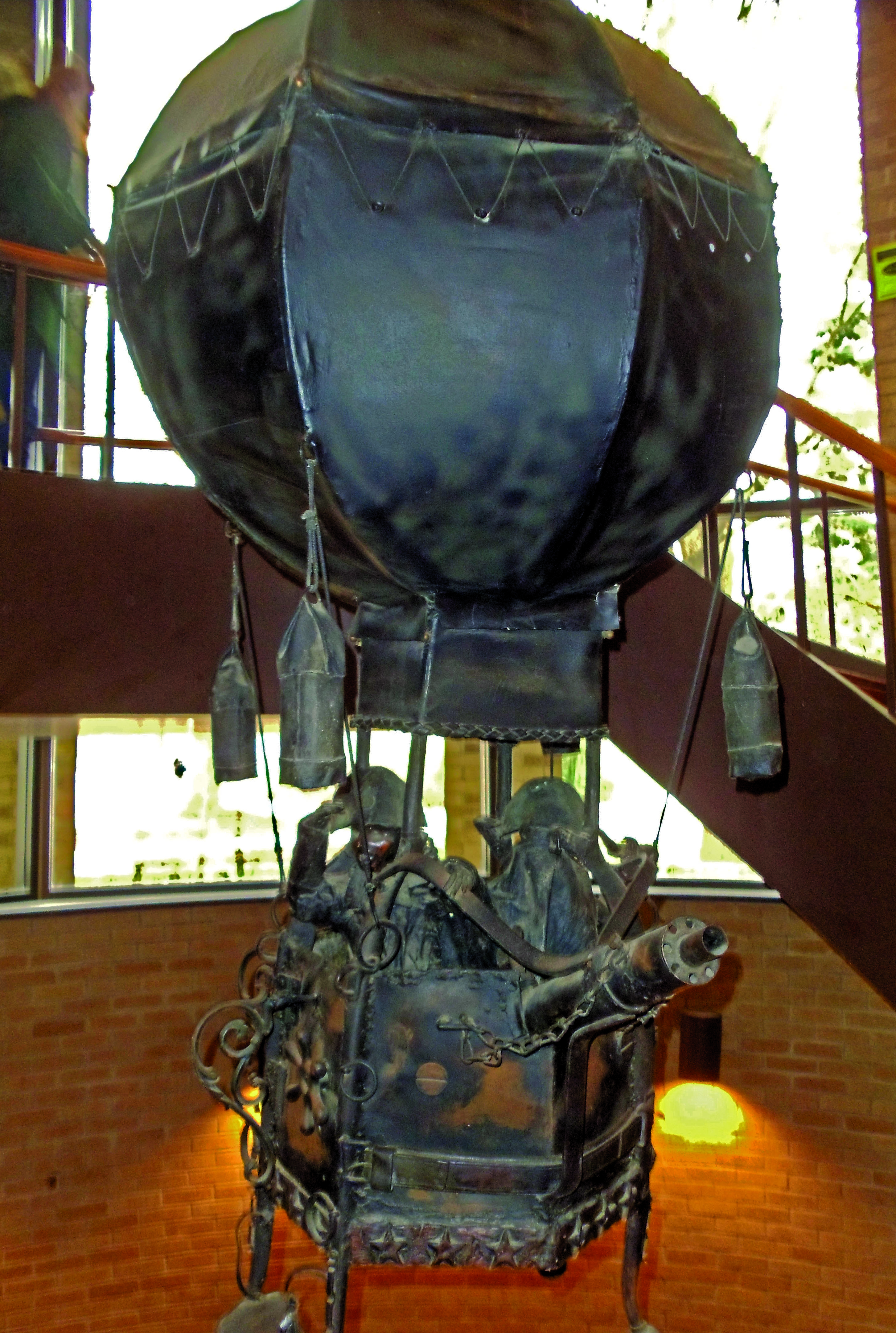Larissa Lamarca
Contributing Writer
If someone wishes to learn more about the LGBTQIA+ community and to become more active and educated on gender identities, gender expressions and sexual orientations, Safe Zone Trainings could help offer that opportunity. As described on the Wooster website, “Safe Zone establishes an identifiable network of individuals who agree to challenge oppression, promote an atmosphere of respect and serve as a safe space in our community. The three-hour training is for faculty, staff and students.”
Additionally, the Wooster website states that, “by agreeing to become a participant in the Safe Zone Training Program, you agree to undergo training, educate yourself, promote an atmosphere of respect and civility, be a resource as best you can, listen and provide support.” Students can get involved through tabling in Lowry where they can sign up, via email or through information from the posters around campus.
The Wooster website has information about when and where students, faculty, staff and community members can attend trainings. Separating students and faculty has enabled more questions from faculty about specific administrative work such as classroom polices. The trainings are run by CDI staff and students in the Safe Zone Practicum (which is a 0.5 credit course).
“Every year, the Safe Zone practicum course works to update and create new trainings in order to keep up to date with vocabulary and concepts. Some trainings we are developing this semester include a Religion and Spirituality training, a Poly/Non-Monogamous relationships training and a training centered around creating an anti-racist LGBTQ+ community,” said Aaron Risch ’21. Students can expect to gain a better understanding about intersectionality, oppression, gender identity, gender, privilege and sexual orientation their roles in advocating for queer students on and off campus.
Robin Perry ’20 said, “we still have a long way to go with getting all those groups really effectively involved, though! Our goal would be to have every faculty, staff member and student involved in Safe Zone.” Currently there are also Safe Zone 200 levels that explore deeper aspects of sexuality and gender, which are covered individually in the introductory training. The training lasts one hour and is interactive. Some of the 200 level trainings offered this spring include Trans & Non-binary Identities, Ace, Aro, Gray and History & Action In Allyship.

